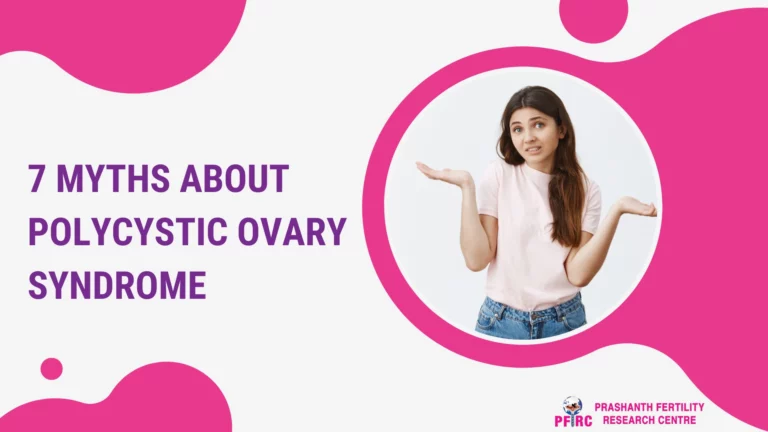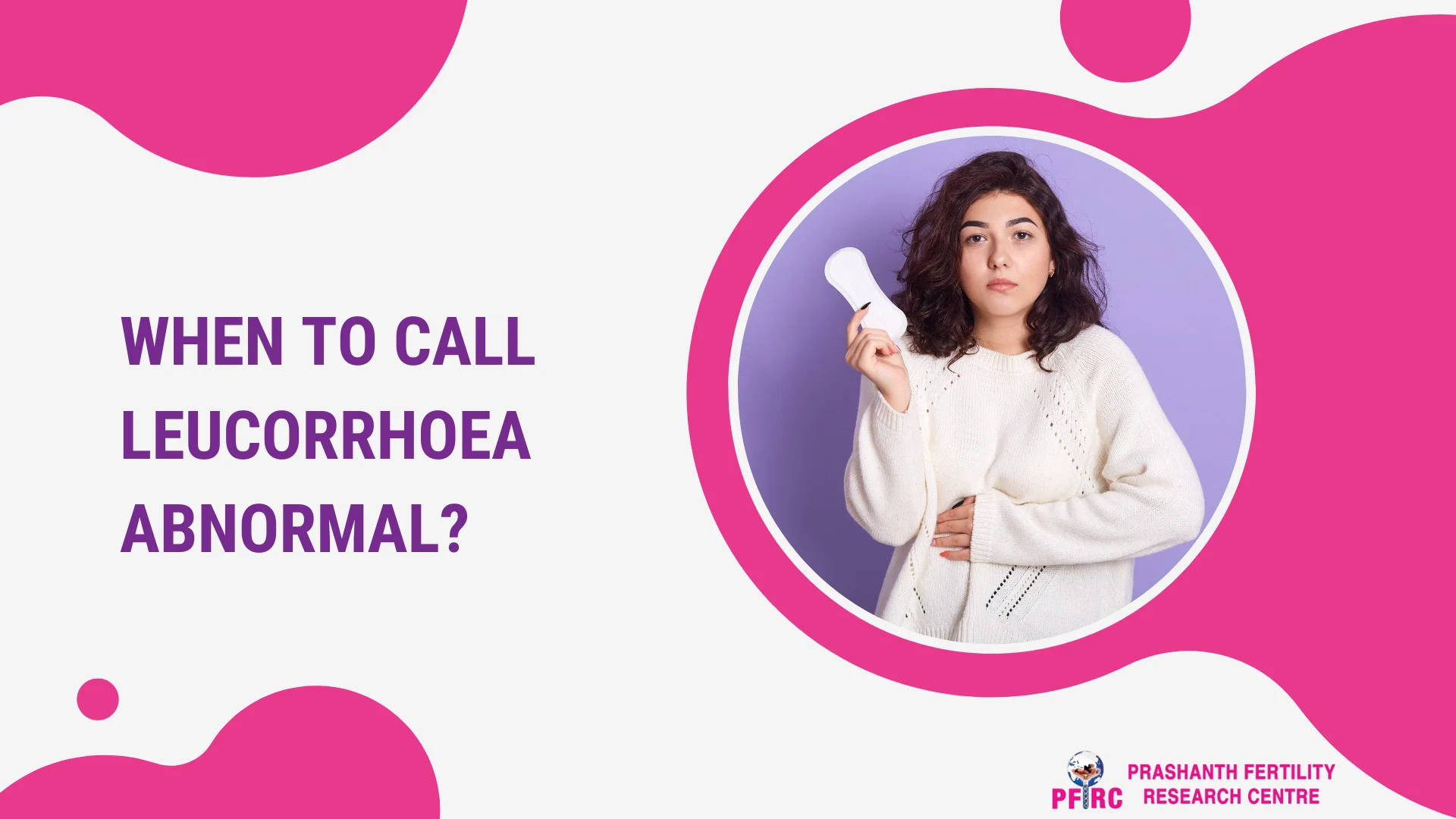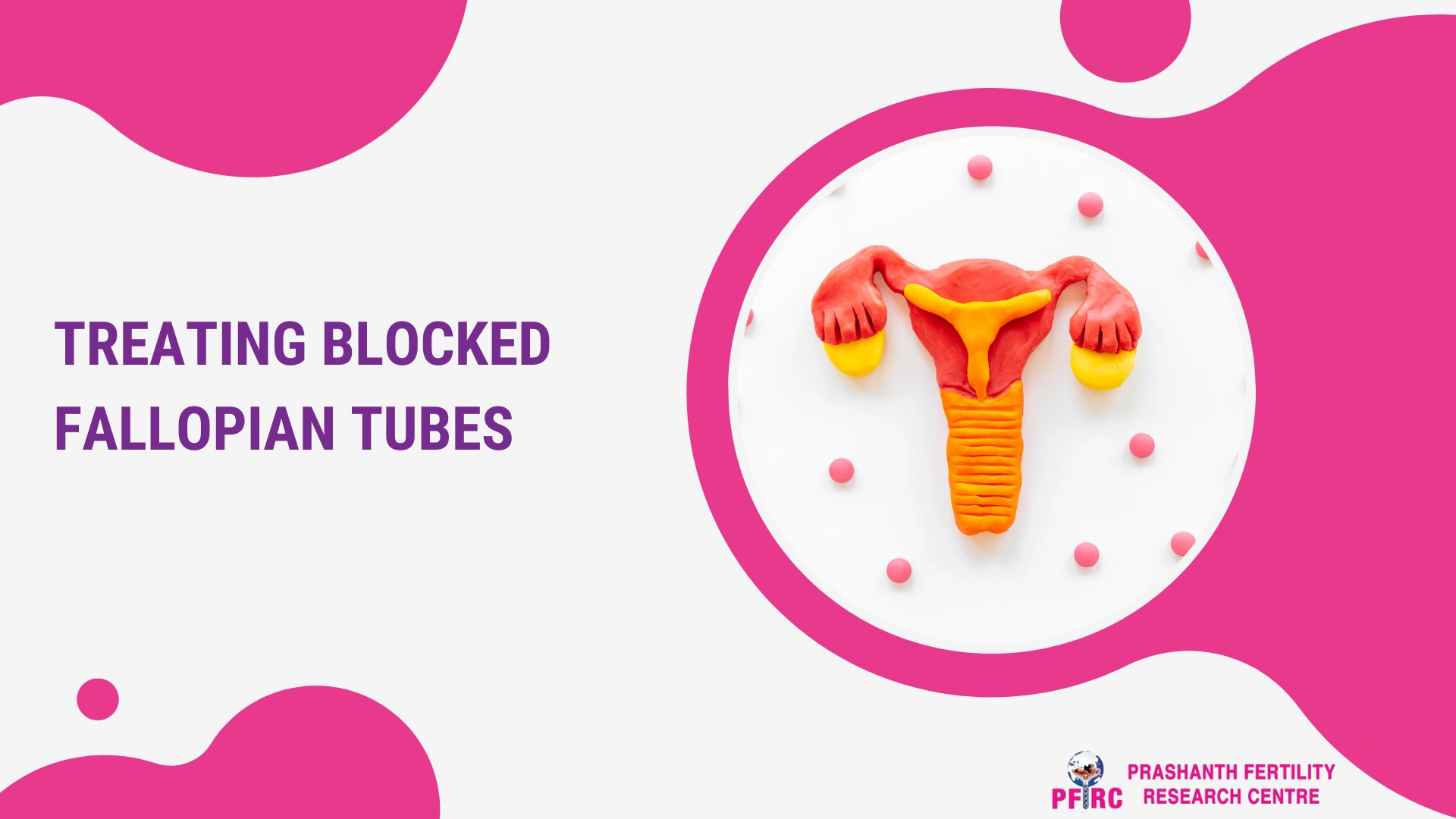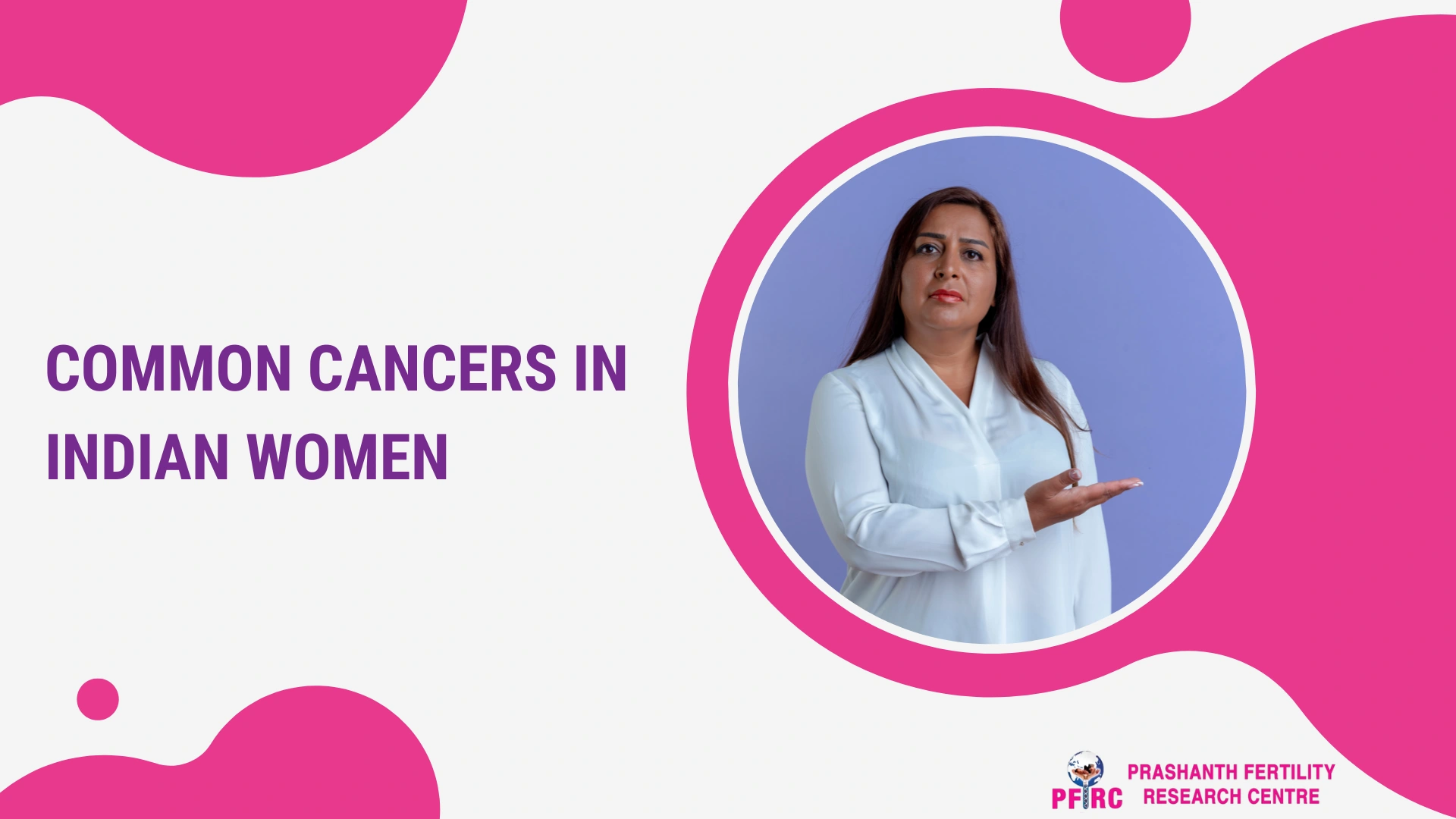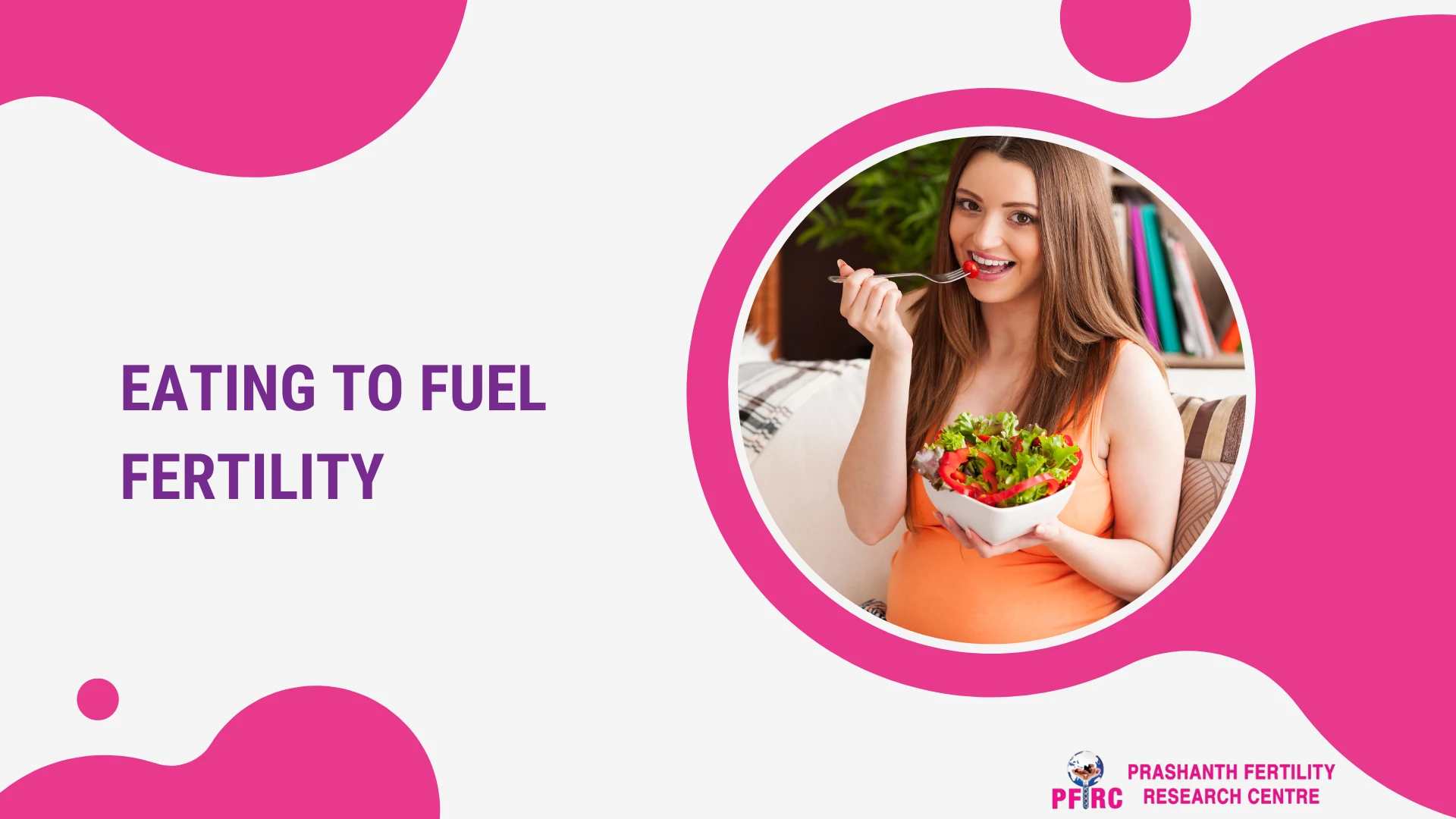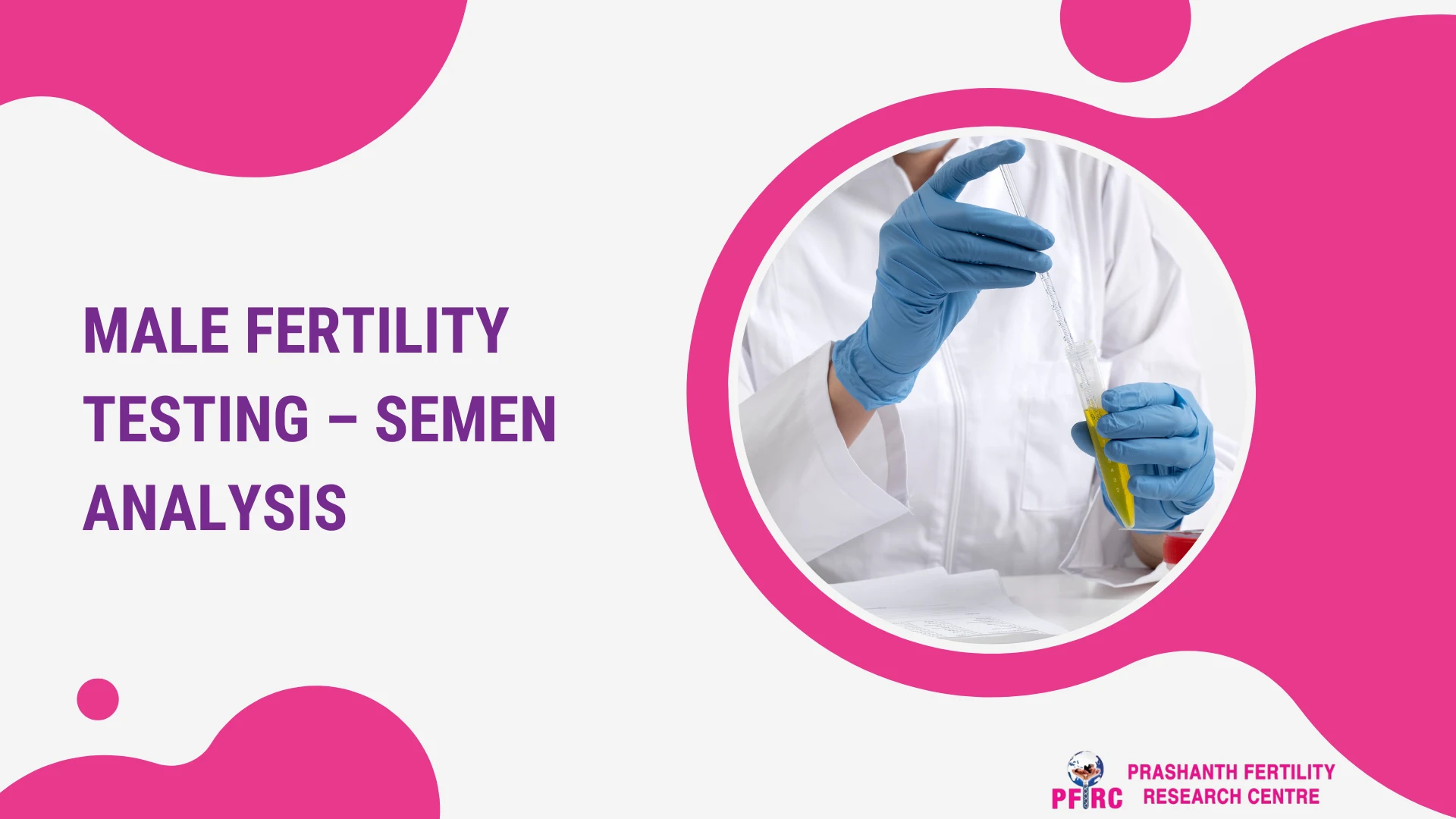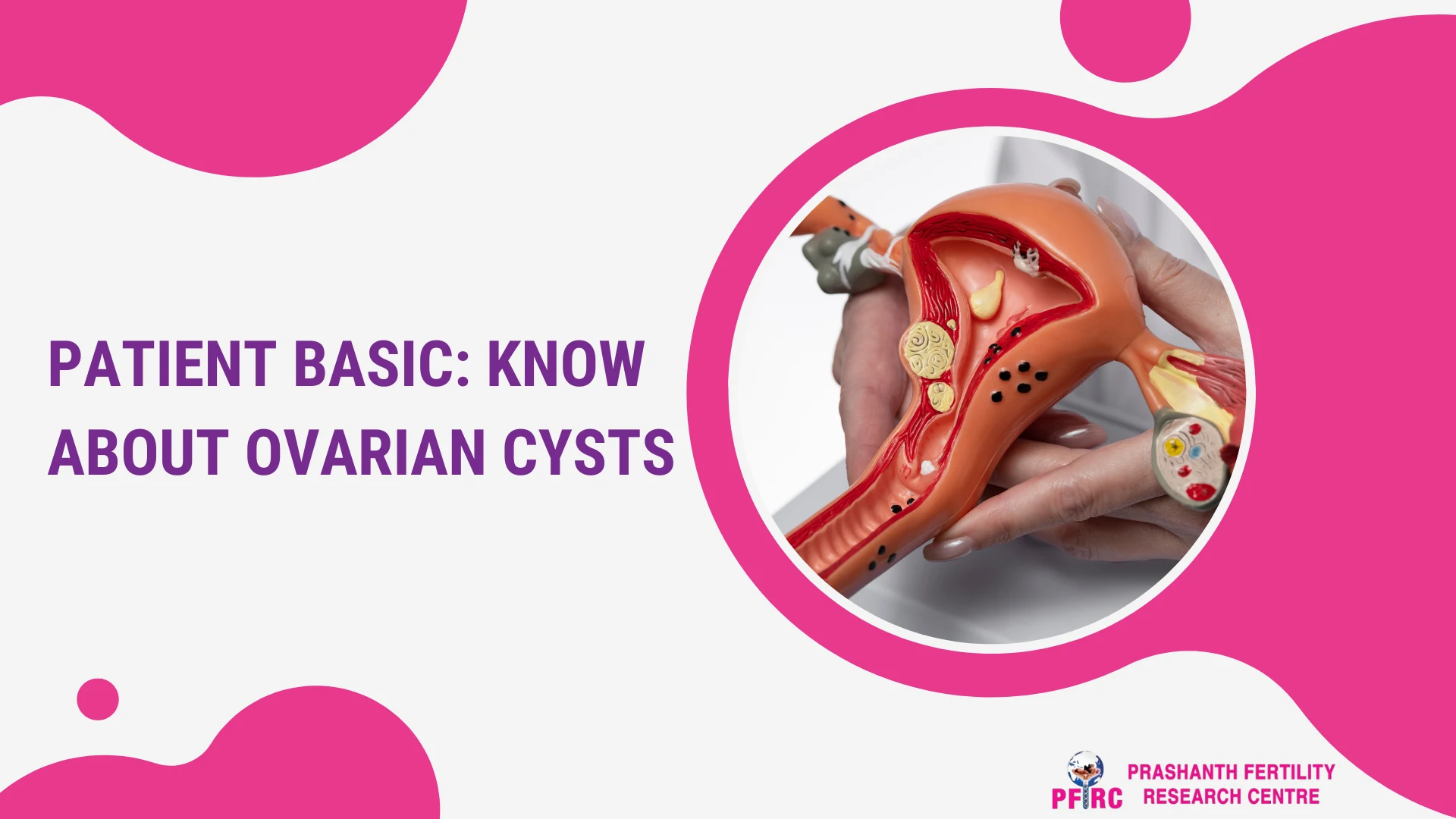PCOS (polycystic ovary syndrome) is a common hormonal disorder. Polycystic ovarian syndrome (PCOS) is a condition that affects women in their reproductive years. Whether you have PCOS or not, it is critical to raise awareness about how this disorder affects people’s lives. There are a few common misconceptions about PCOS that you should be aware of.
Myth #1 You have to have polycystic ovaries to have PCOS
You’d think you could tell a lot about a disease just by looking at its name, but that’s not the case. For some people, the term “polycystic ovary syndrome” is a misnomer. Many women with PCOS do not have cysts on their ovaries, and cysts do not necessarily indicate PCOS. When PCOS is mentioned, it refers to cysts in the ovary. That’s why there’s currently a push to reclassify PCOS as the “reproductive metabolic syndrome,” which focuses attention on the disease’s key features: metabolic and reproductive abnormalities.
Myth #2 You did something to cause it
While the exact cause of PCOS is unknown, you are not to blame. However, a number of factors, including genetics, are thought to play a role. Male hormones, or androgens, regulate the development of male characteristics. While all women produce small amounts of androgens, those with PCOS produce significantly more which might prevent ovulation and make regular menstrual cycles difficult. The follicles expand and fill with fluid, but the eggs do not emerge. The follicles may turn into cysts if ovulation does not occur. If this happens, your body may be unable to produce the hormone progesterone, which is required to maintain a regular cycle. PCOS causes women to produce too much estrogen or female hormones. While this does not cause the symptoms listed above, long-term exposure to unopposed estrogen can cause a build-up of the uterine lining, which is a major risk factor for uterine cancer.
Myth #3 If you lose weight, you can get rid of PCOS
Unfortunately, there is no cure for PCOS, but losing weight can help to balance hormone levels in overweight and obese women. Aside from that, treatment focuses on symptom management. A variety of treatment options are available to help prevent any potential issues. Lifestyle changes, such as healthy eating and regular exercise, improve the way your body uses insulin and, therefore, regulates your hormone levels better.
Myth #4 If your menstrual cycle is irregular, you have PCOS
An irregular cycle can be caused by a variety of factors, and PCOS is just one of them. A typical cycle lasts between 21 and 35 days. Breastfeeding, extreme dieting or over exercising, pelvic inflammatory disease, uterine fibroids, and thyroid disorders are all possible causes of a messed-up cycle. Stress can also play a role. If your cycle is less than 22 days or greater than 34 days long, talk to a gynecologist. Through an exam and by running additional tests as needed, the doctor can identify the likely cause.
Unfortunately, there is no cure for PCOS, but losing weight can help to balance hormone levels in overweight and obese women. Aside from that, treatment focuses on symptom management. A variety of treatment options are available to help prevent any potential issues. Lifestyle changes, such as healthy eating and regular exercise, improve the way your body uses insulin and, therefore, regulates your hormone levels better.
Myth #5 PCOS only affects overweight women
It is true that many women who have PCOS are overweight or obese. And it’s also true that obesity can make PCOS symptoms worse. But PCOS knows no bounds and can affect women of all shapes and sizes. The link between weight and PCOS is due to the body’s inability to properly use insulin, which can result in weight gain. As a result, most women’s treatment plans include getting into the habit of eating healthy and exercising regularly.
Myth #6 PCOS can be self-diagnosed
PCOS symptoms include irregular periods, mood swings, weight gain, and acne. However, just because you’re having those symptoms doesn’t mean you have PCOS. These can be caused by a variety of factors, including changes in lifestyle, eating habits, skin type, and so on. The only way to know if you have PCOS is to see a gynecologist and have it checked.
Myth #7 You can't get pregnant if you have PCOS
Several women have experienced high levels of anxiety and panic as a result of this myth, which is completely unnecessary. Talk to your doctor about fertility treatment to give your body a chance. Ovulation stimulation is possible with a variety of medications, which is the main issue for women with PCOS. If you have PCOS and are not trying to get pregnant, don’t assume that you’re in the clear. While PCOS makes it more difficult to conceive, many women still ovulate irregularly. As a result, it’s critical to continue using contraception.
Consult the best gynecologist in Chennai at PFRC
With advice and guidance from the best gynecologist, who can prescribe medicines to enhance ovulation, women with various types of pcos can conceive. Even if in certain cases natural pregnancy is difficult, there is high-end assisted reproductive technology including IVF treatment available today to help result in a successful pregnancy. It’s important to speak to a doctor to understand what treatment works best for you. PCOS, as with any hormonal disorder, requires an individualized treatment approach.

